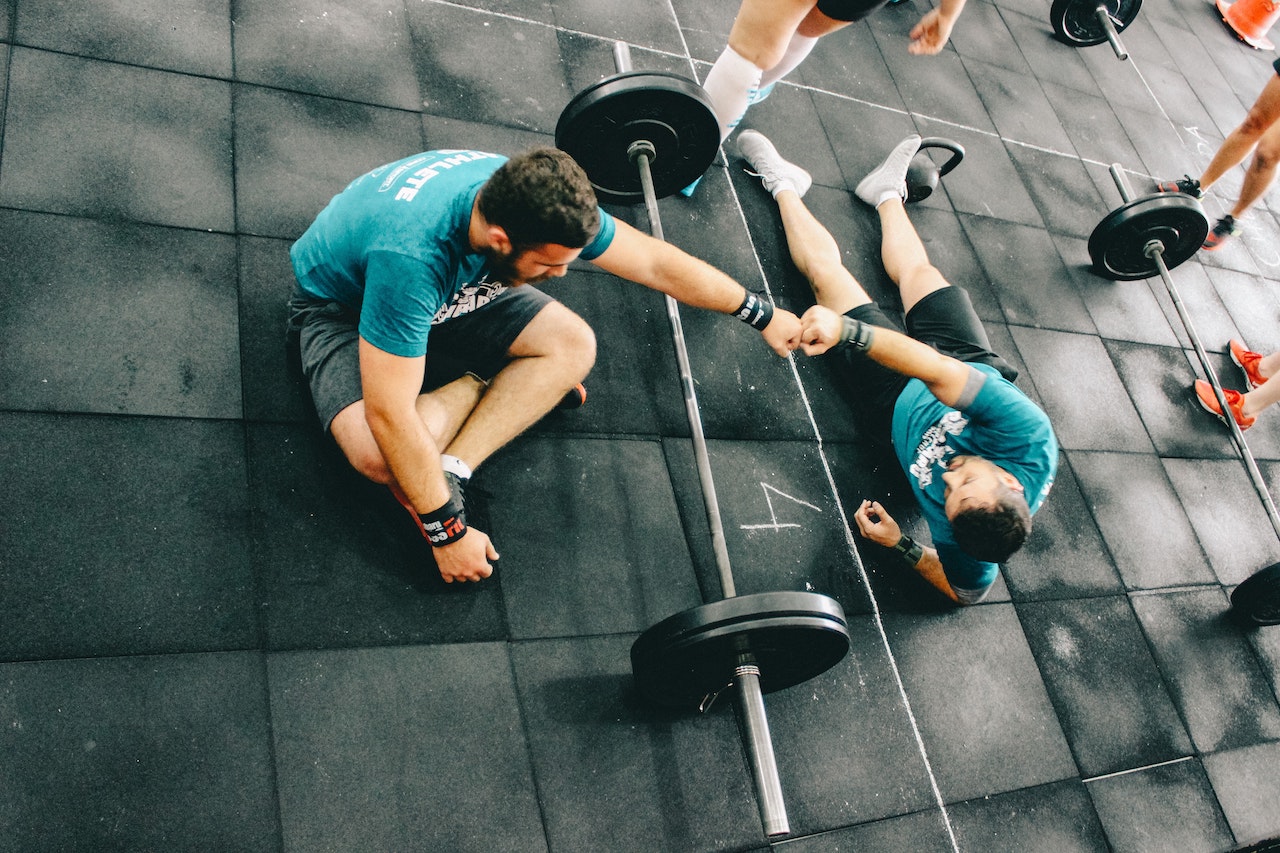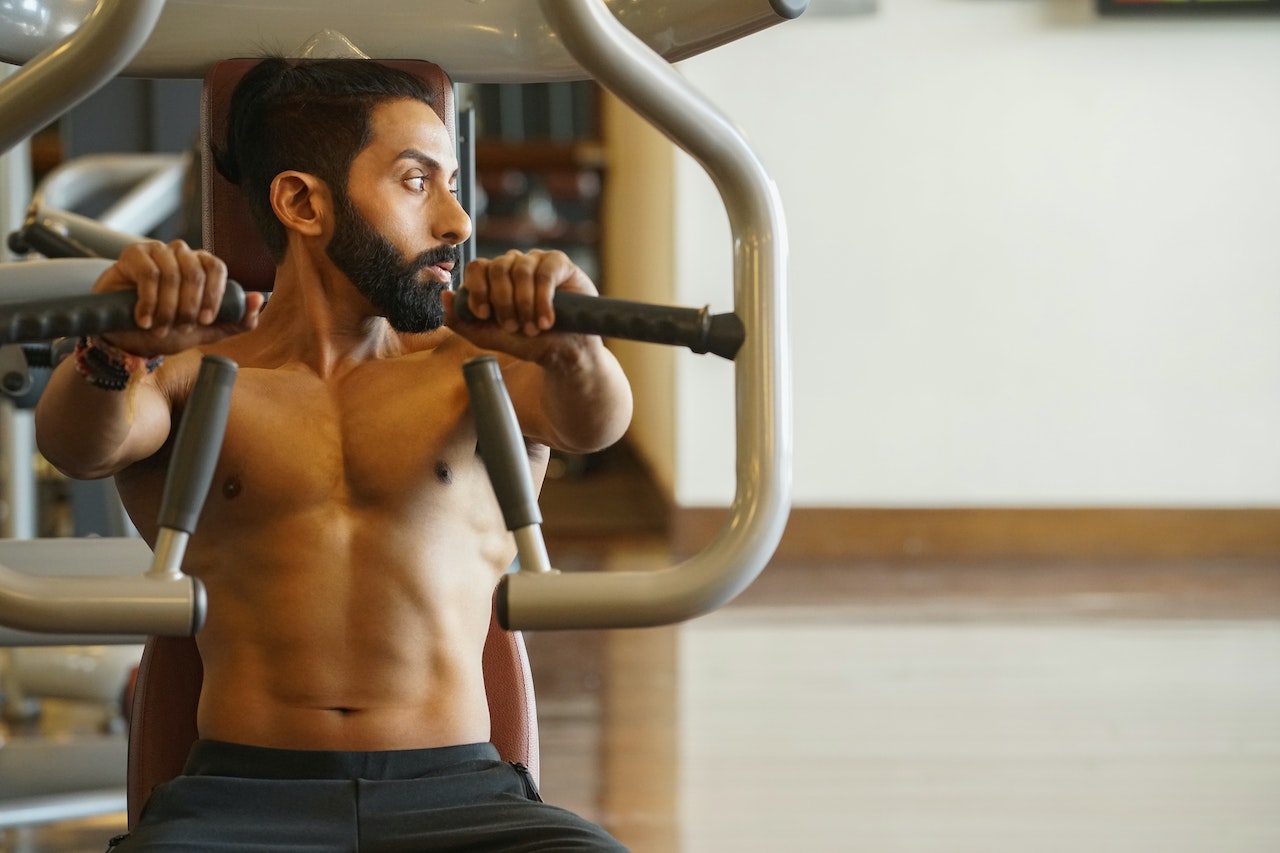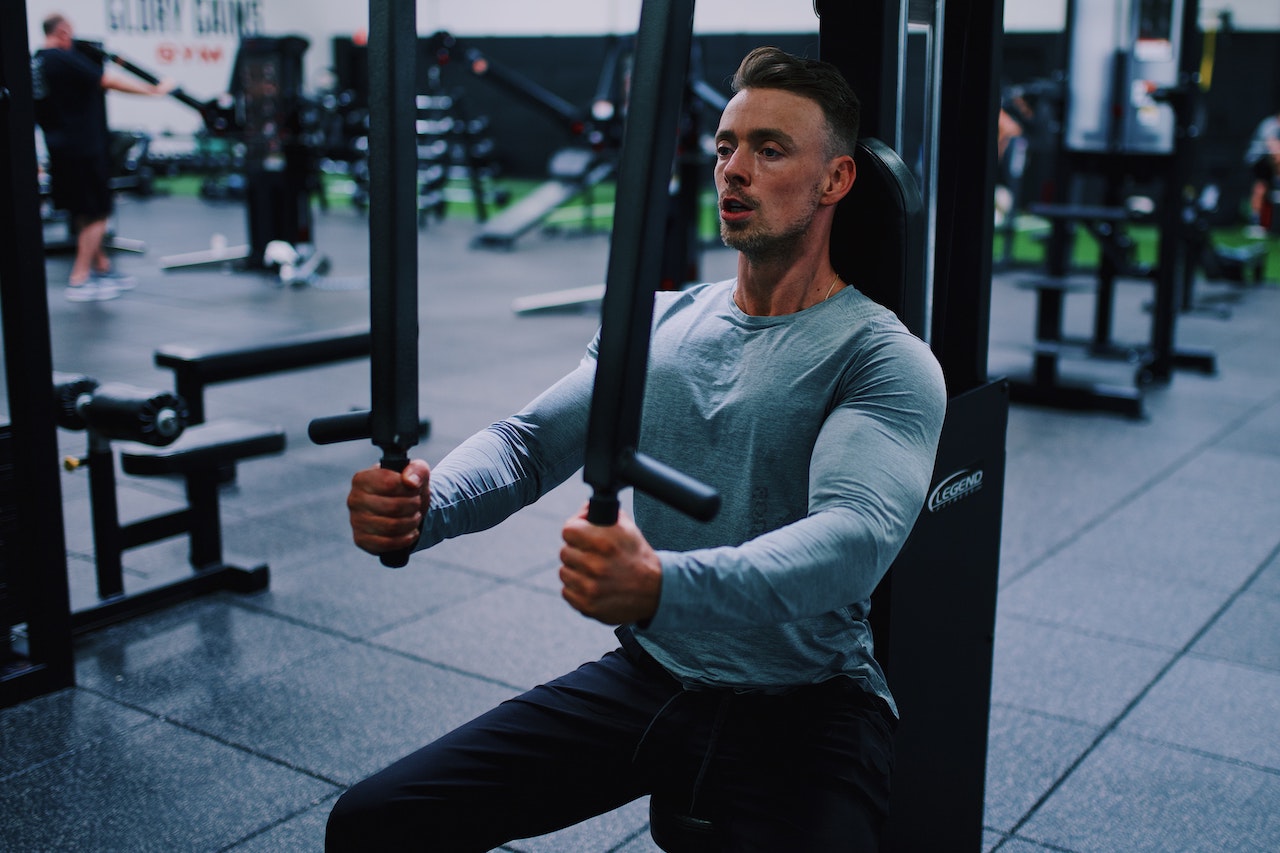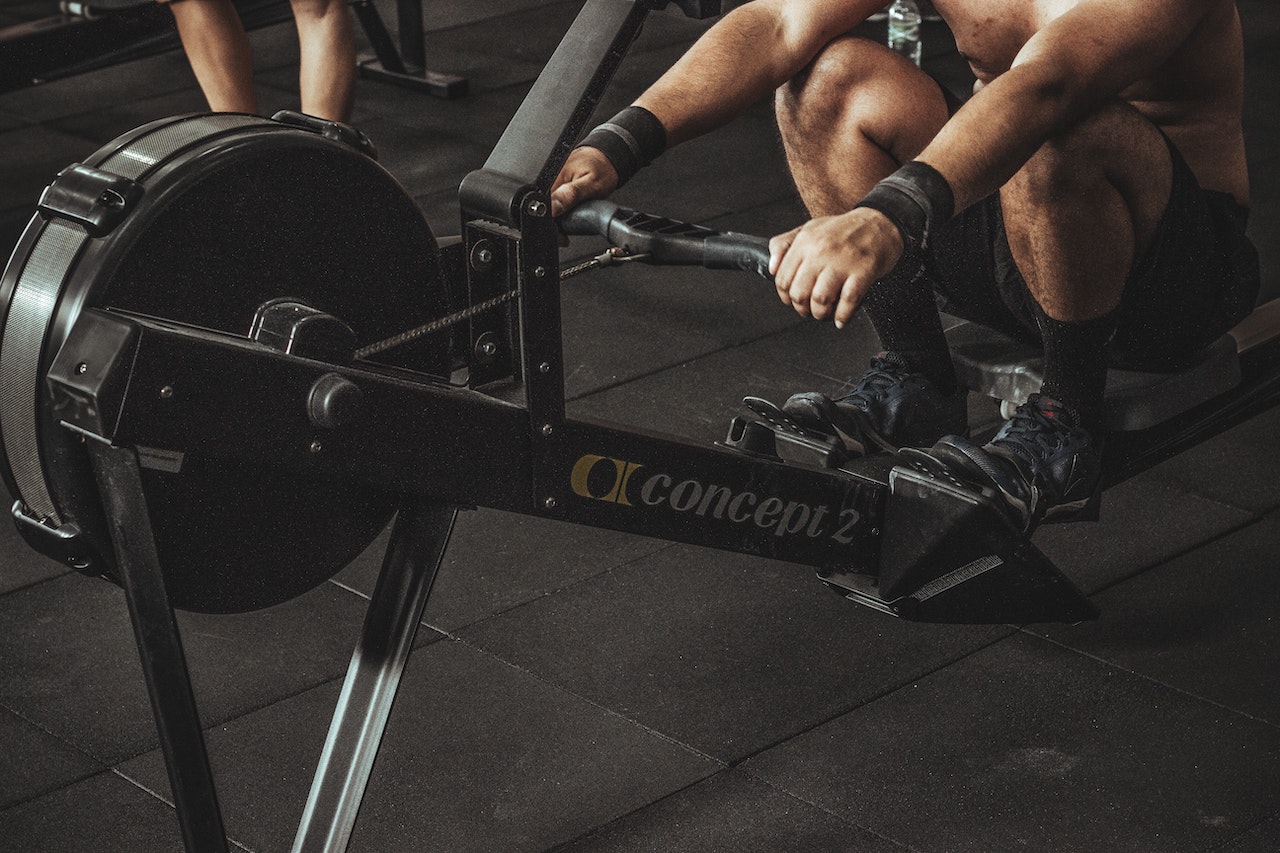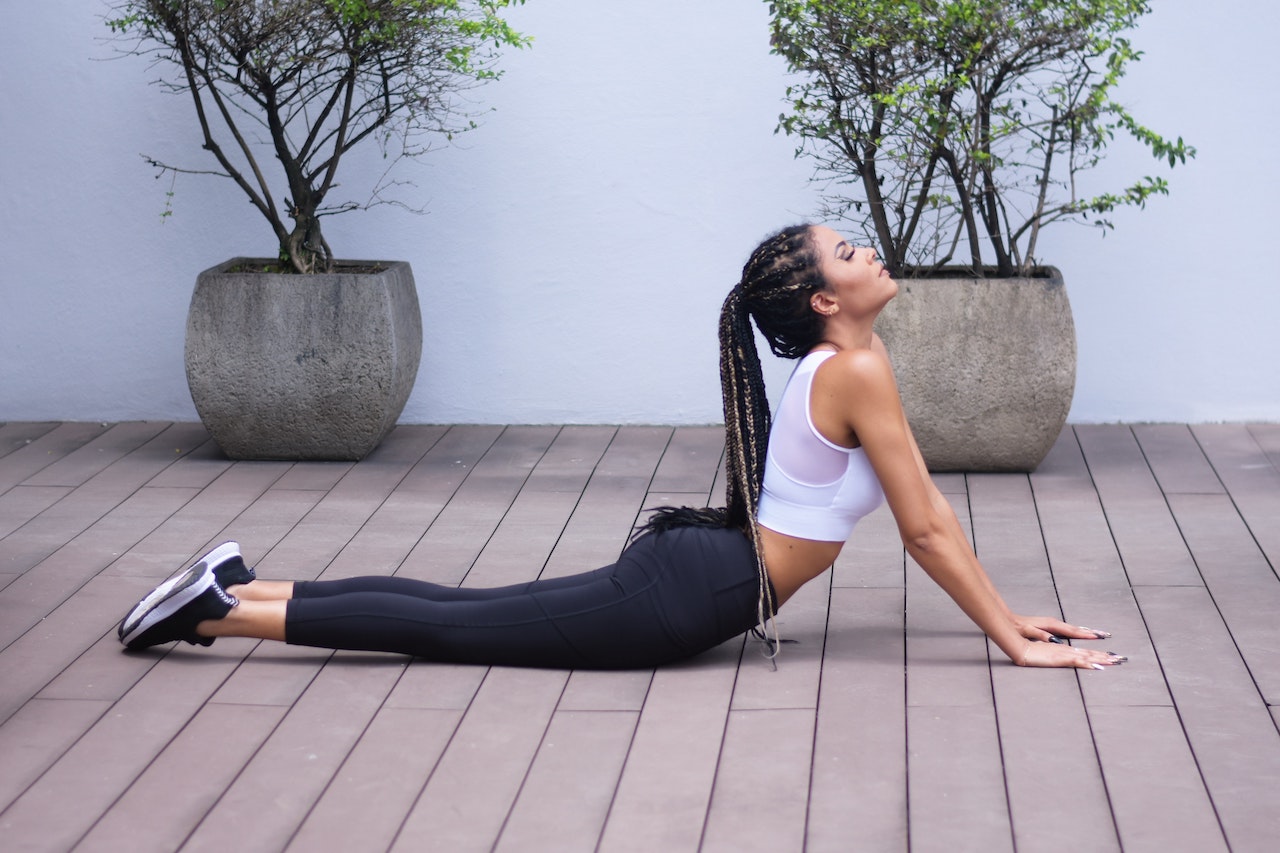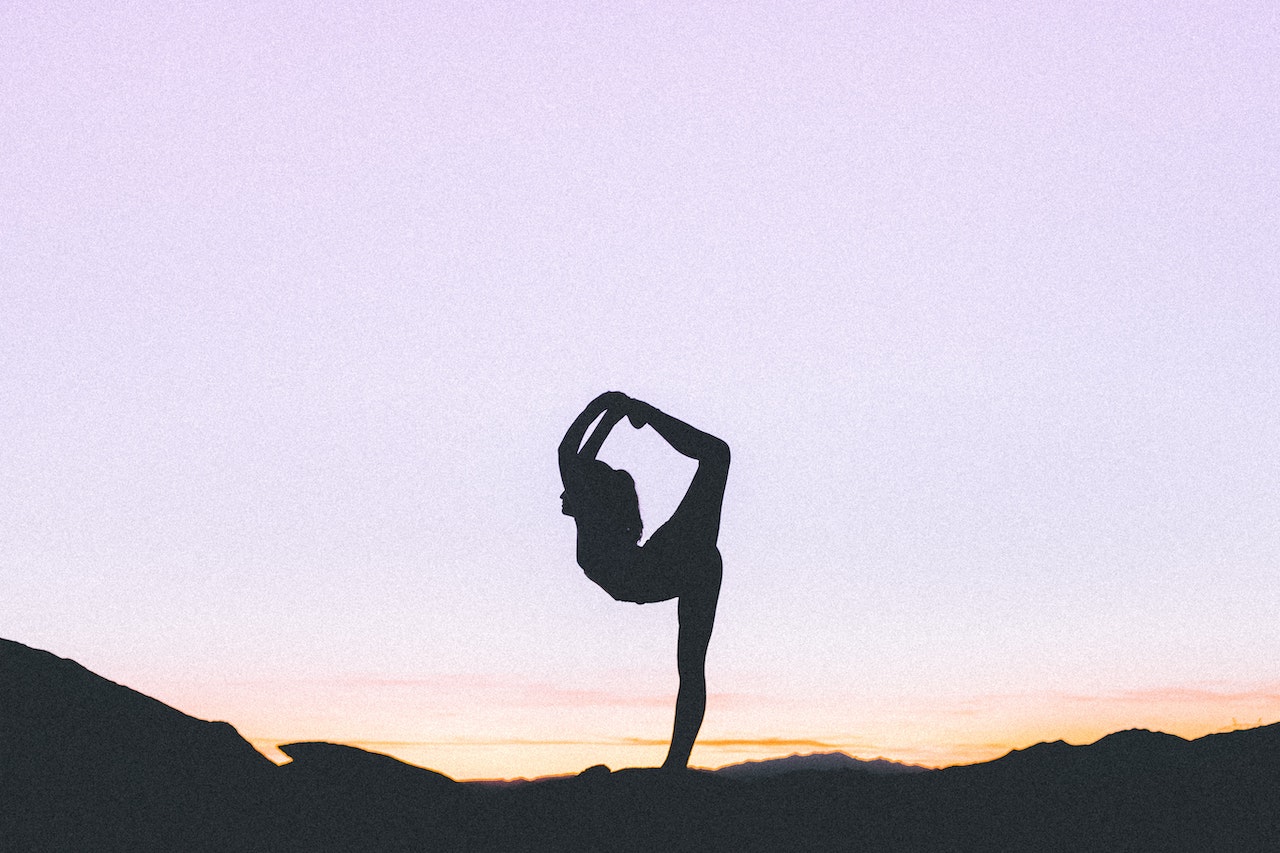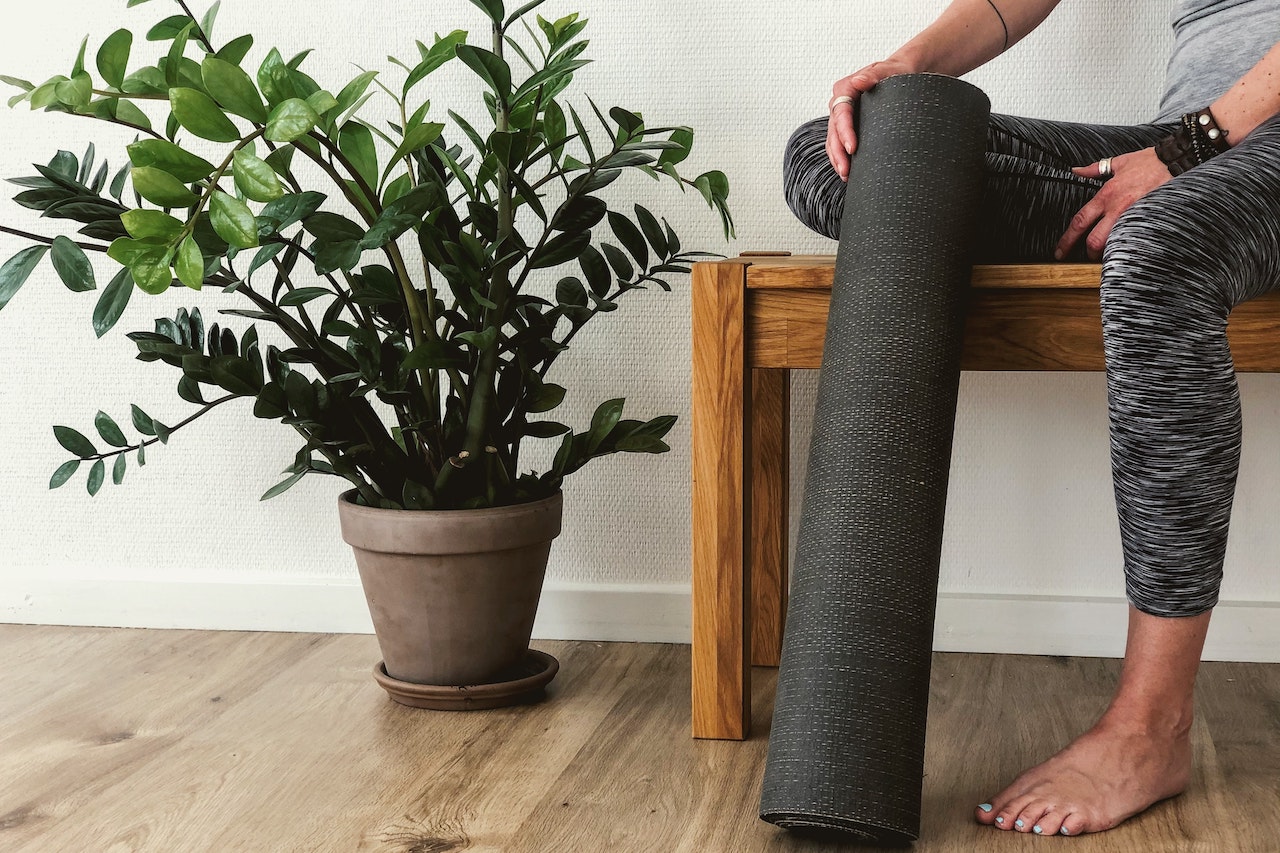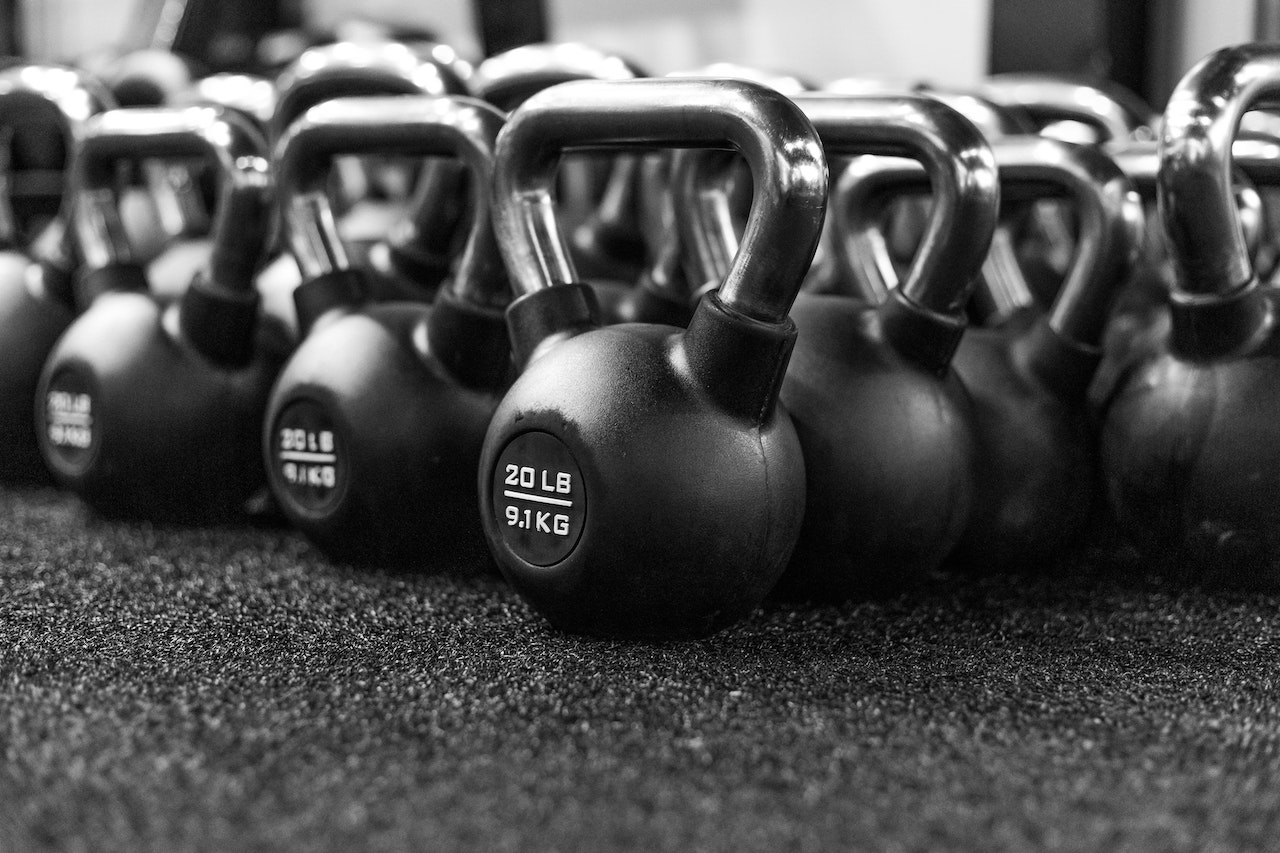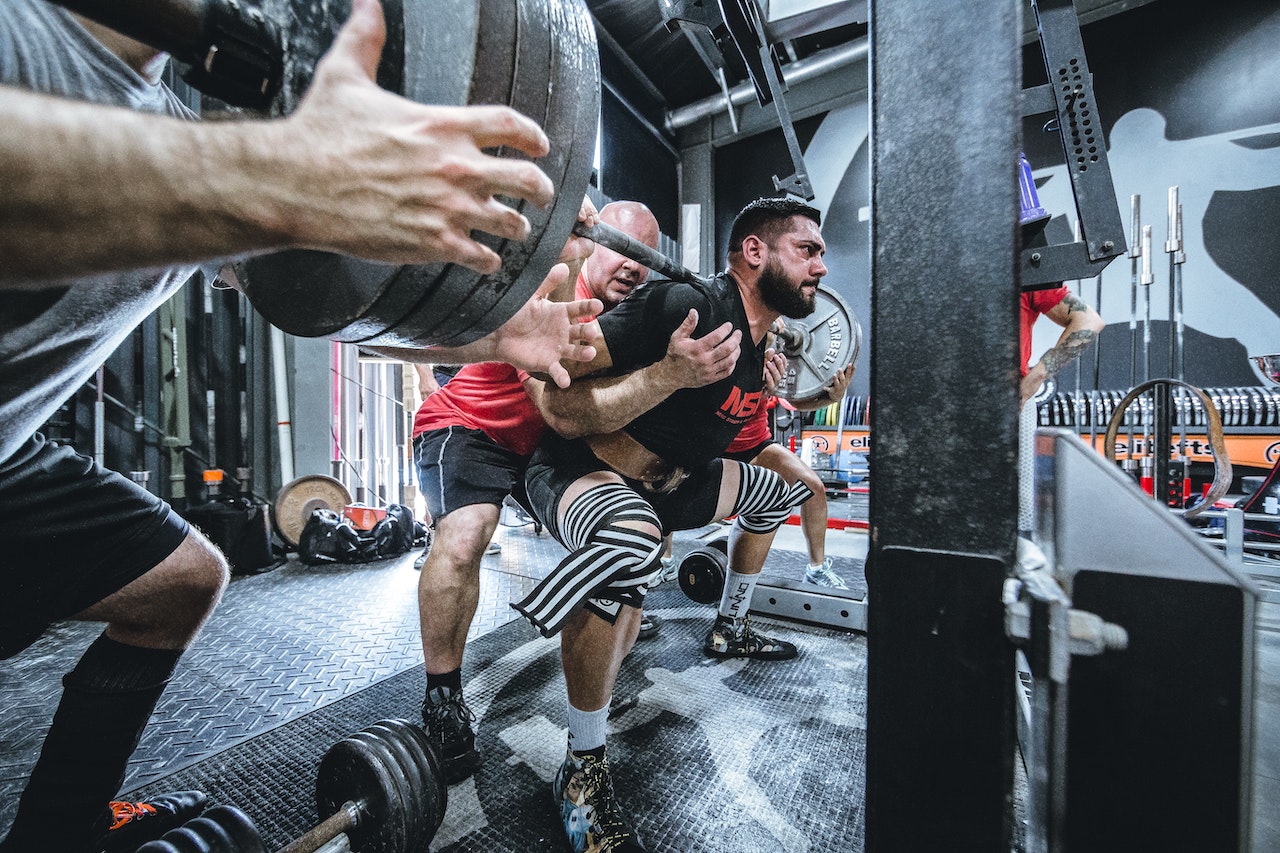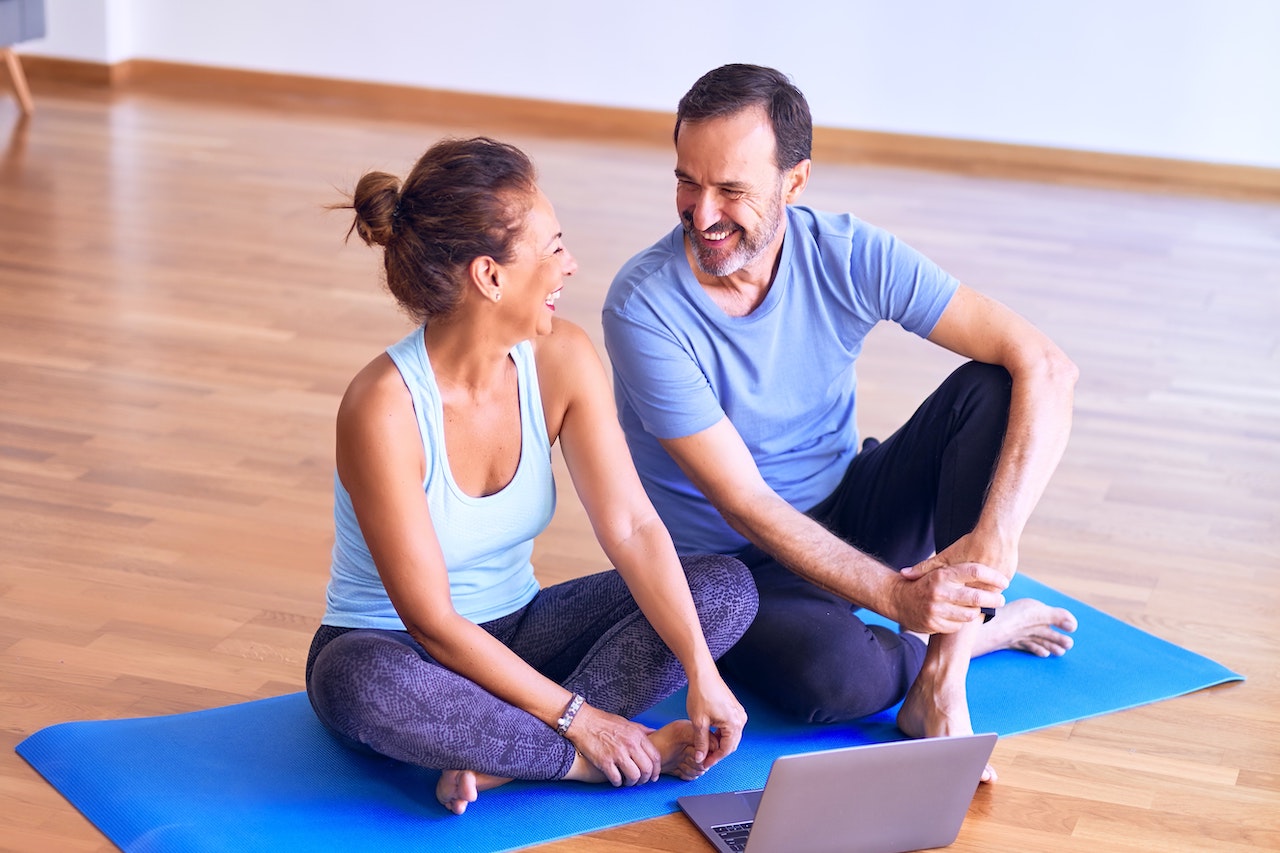Abdominal breathing is a more widely used method of breathing in fitness exercises. When inhaling, oxygen is drawn into the lungs, and when exhaling, the waste gas is then expelled from the lungs. This method of breathing inhales a greater amount of oxygen, allowing the oxygen to fill the entire lungs, and when exhaling, the lungs are completely emptied of the gas so that a large amount of oxygen is re-inhaled to better facilitate the smooth running of fitness activities, which is known as abdominal breathing.
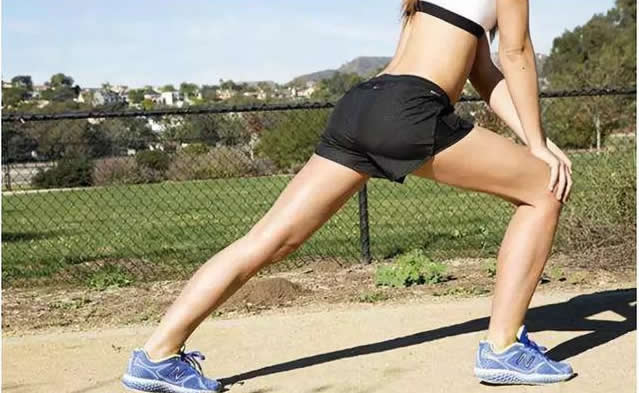
Benefits of abdominal breathing
1. It helps the gym-goer to inhale more oxygen to ensure that the body's metabolism is carried out normally, to promote the circulation of blood and to improve the function of the lungs in the body, which will make the gym safer and will ensure that the exercise is carried out smoothly.
2, after oxygen is inhaled into the body, it will make the internal organs squeezed, just like giving a massage to the internal organs, better improve the function of the respiratory system, so that the overall function is enhanced, and indirectly improve the level of physical exercise.

Abdominal breathing exercises
Yoga pose exercises
Baby pose
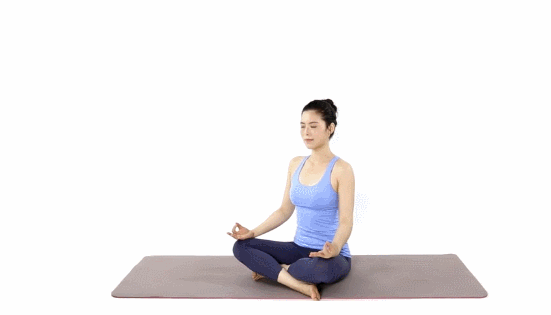
1) sit with your body in a seated position, legs crossed and hands relaxed on your knees, palms facing upwards.
2) begin with the exercise: Bulge the abdomen, then slowly deflate it.
3) based on the above, practice with breathing, slowly puffing up the abdomen on the inhale and slowly letting it deflate on the exhale.
4) throughout, feel the abdominal breathing and allow your breath to rise and fall with your abdomen.
Abdominal breathing in specialised exercise movements
Hands touching heels
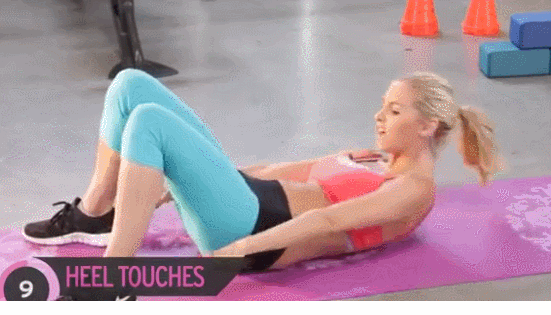
1) lie on your back, keeping your back close to the floor, arms straight out at your side and feet apart, shoulder-width apart.
2) tighten the abdominal muscles and lift the upper back upwards above the upper back, alternating hands to touch the heels.
3) when hands and heels touch, breathe out loudly.
4) then inhale to restore and continue the movement.
5) do 3-4 sets of 8-10 reps each for training intensity.
Hands touching knees

1) position the body on your back, keeping the area above the hips on the floor, shoulders stable, legs bent at the knees, thighs and calves perpendicular to each other, arms bent at the elbows at the side of the ears.
2) tighten the abdominal muscles so that the elbows alternately touch the knees, keeping the legs off the floor at all times.
3) when the knees and elbows touch, the trainer exhales loudly.
4) restore the legs and inhale and repeat the movement.
5) do 3-4 sets of 8-10 reps each.
Leg lifts and curls
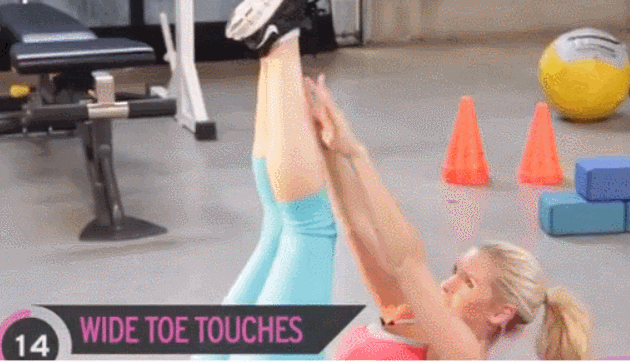
1) with your body in a supine position, keep your back close to the yoga mat, lift your legs upwards, keeping them perpendicular to the floor, bend your legs slightly and open your arms at the side of your body.
2) tighten your core and lift your upper back upwards while your arms touch your legs upwards.
3) when the legs and hands touch, exhale loudly and keep the legs still.
4) then lower the arms to restore them and the trainer inhales and repeats the exercise.
5) do 3-4 sets of 10-12 reps per set for training intensity.
Notes on exercising abdominal breathing
Trainers should practice in an area with good air circulation.
Do not practice after a meal, as it tends to squeeze the stomach and make one feel uncomfortable.
During the training, one needs to progress gradually, not to make the shoulders appear shrugged and to breathe evenly.
In everyday life, we can have many ways to exercise abdominal breathing, for example, walking into the garden and seeing beautiful flowers, you can try to smell the flowers and feel the beauty of nature, this move is also a mode of practising abdominal breathing, followed by the habit of smelling the food yourself usually, feel your cooking skills at the same time, you will also exercise your abdominal breathing, why not do it, so only practice good abdominal so only by practising abdominal breathing can you better promote proper fitness, so don't ignore it.a



